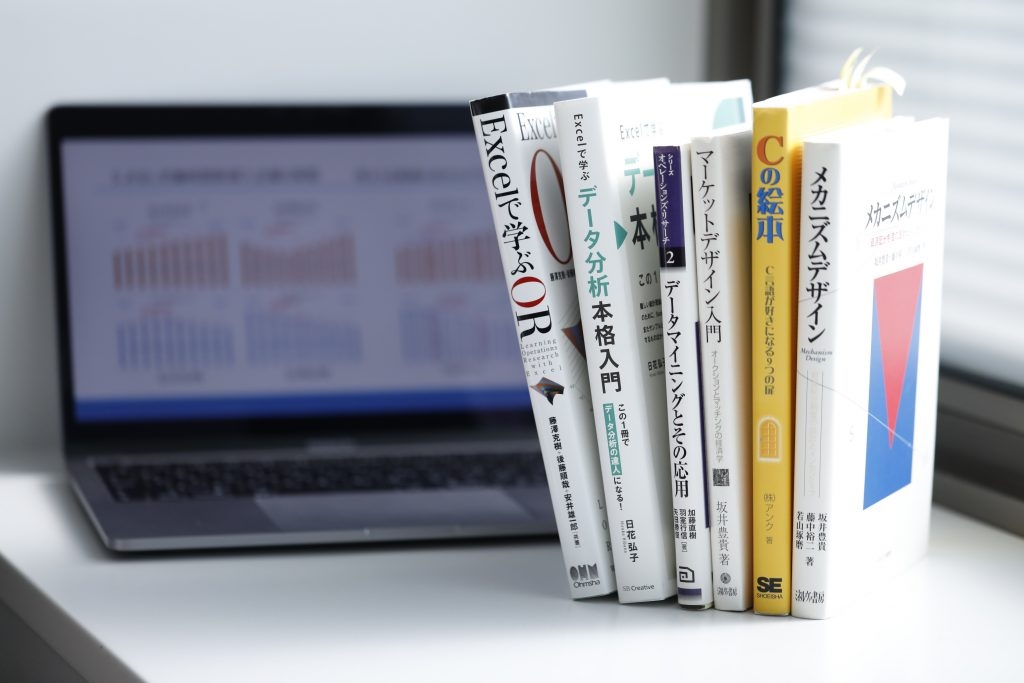When faced with a problem to solve, people will generally propose different approaches that they will then compare against one another. By using the techniques found in OR (operations research), this process can be performed scientifically.
In the Nogami Laboratory in the School of Management’s Department of Management, students are taught to use OR, along with information and communications processing technology, as part of the process for deriving solutions to societal and business challenges.
For example, “congestion phenomena” and “probabilistic events” are responsible for a variety of the challenges we face in our daily lives. Such challenges include theme park congestion or the impact of unpredictable, bad weather on farming. Gathering and analyzing data about such challenges provides us with more robust resources for making decisions about them.
In the Nogami Laboratory, this sort of scientific approach is applied to derive solutions to societal and business challenges that will contribute to more efficient business activity and a more comfortable and convenient society.

Two societal and business challenges facing contemporary Japan are work environment and work style. Everyone is all too familiar with the physical and mental harm that is being caused by long working hours, as well as the increasingly lower pay per hour that workers receive.
It is in this context that the Nogami Laboratory is applying scientific data analysis and examination to questions about the relationship between labor system reforms and corporate performance, as well as labor system reforms and changing awareness among the individual workers.
This has helped to reveal the evaluation criteria for, and process involved in, using sales-per-employee and the attendant rate of change when introducing a “de facto working hours system” and “flex-time system.”
Changing the work environment is not a simple task. However, having analysis results derived from objective data makes the reform process easier and helps to limit the accompanying anxiety and resistance.
The Nogami Laboratory will continue to pursue this research, aiming always to contribute to the creation of a more rewarding work environment.
■ Main research content